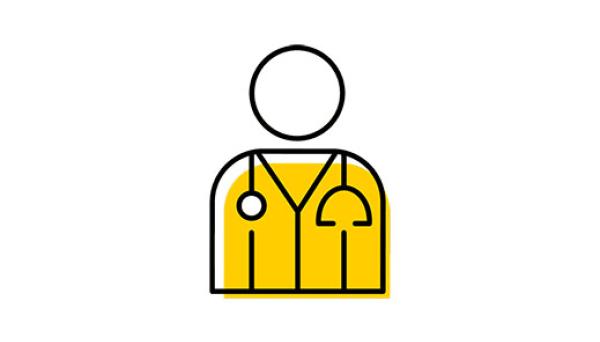Pathways
Our residency offers two pathways that are tailored to residents interested in primary care or hospitalist medicine.
Primary Care Pathway
The Primary Care Pathway is a flexible program designed to provide clinical experiences and education that support residents in the pursuit of excellence in primary care. As part of the pathway, residents are invited to attend educational sessions over the noon conference hour that focus on different aspects of primary care like the similarities and differences between community and academic primary care, billing in primary care, and how to go about a job search for primary care physicians. Residents in the primary care pathway are given scheduling priority for rotations that prepare them for primary care like sports medicine, dermatology, women’s health, and the Medication-Assisted Treatment (MAT) clinic. Residents are also paired with a mentor who shares similar interests and career goals to help them as they work through this pathway.
Hospitalist Pathway
The Hospitalist Pathway is designed for residents who wish to prepare for a career in inpatient general medicine. As part of this pathway, residents are given priority in scheduling career specific rotations like the stroke team and the hospitalist elective, which is a one-on-one experience with an experienced hospitalist on a non-teaching service. Residents also attend conferences hosted over the noon hour where hospitalists discuss topics like inpatient billing, health care delivery systems, patient safety, and how to go about doing a job search for hospitalist positions with the residents.

